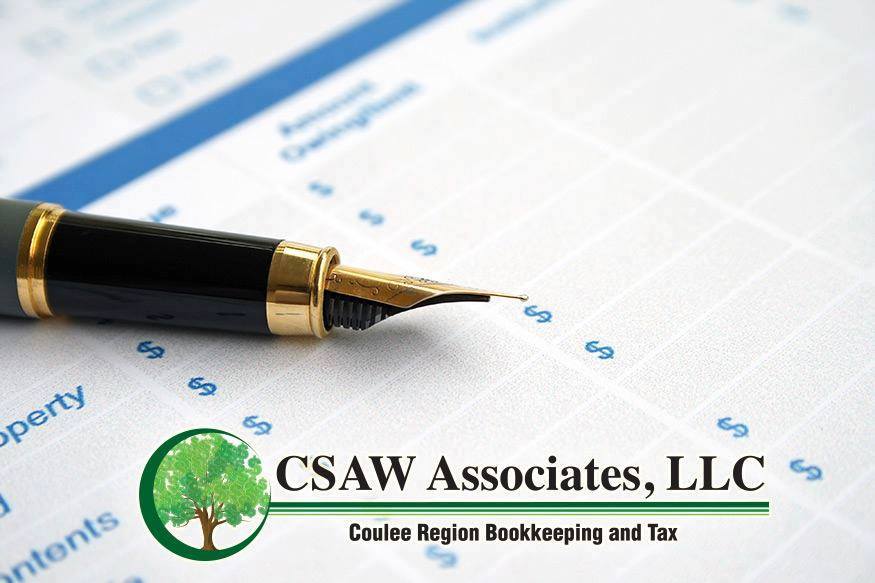How the New Tax Law, CARES, Impacts Individuals
May 2020 Newsletter Feature
IRS and Congress have given individuals a number of ways to build up their cash reserves and/or pay less in taxes. Here are a few opportunities for taxpayers.
Stimulus checks from the IRS
Many of you received stimulus checks in the last month as a result of new laws designed to help you weather the economic downturn. These Economic Impact Payments are not treated as income and you will not owe taxes on your payment.
If you were eligible for a larger payment than what was received, the IRS will provide an opportunity on your 2020 return (filed in 2021) to make an adjustment to get any additional money you were due. Conversely, if the IRS finds that someone received a larger payment than what they should have, the taxpayer will not be required to pay it back.
Dipping into retirement
Taxpayers have the ability to withdraw up to $100,000 from retirement accounts without paying the 10 percent penalty if the distribution is COVID-19 related (you need it to care for spouse and dependents or you experience adverse effects of quarantine/not allowed to work) from January 1, 2020 through December 31, 2020. Income is included over a three-year period, unless the taxpayer elects otherwise. If the amount is repaid, it is treated as a trustee-to-trustee rollover.
Not dipping into retirement
Required Minimum Distributions (RMDs) for retirement accounts have been suspended. If you are normally required to take a minimum distribution from your retirement account, you can skip it during the 2020 year.
IRS payments for back taxes
If you are on a payment plan with the IRS for back taxes, you can suspend payments between April 1st and July 15th. Interest on the amount due will continue to accrue.
Tax payments for 2020 taxes
Payment due dates for Q1 (normally due on 4/15) and Q2 (normally due on 6/15) estimated tax payments have been adjusted to July 15, 2020.
Deadlines
Since retirement contributions are tied to the tax return due date, the deadline for making a contribution to your IRA for 2019 has also been extended to July 15, 2020.
HSA and Archer MSA contributions for 2019 must be made no later than July 15, 2020.
Student loans
Federal student loan payments are suspended through September 30, 2020 and will not accrue interest during this time period.
Employers can offer to pay an employee’s student loans and other educational assistance up to $5250 without the benefit being taxable to the employee.
Charitable contributions
Charitable contribution deductions will be reported differently on the 2020 tax return. In the past, a taxpayer would have to itemize their deductions in order to get a tax break from making a charitable contribution. For 2020, you can deduct up to $300 in cash donations without having to itemize your deductions. Additionally, the maximum limit of how much a taxpayer can deduct has been eliminated.



